... or, the love of a mother....
.
.
Continuous effort - not strength or intelligence - is the key to unlocking our potential.
Yesterday my husband had to pull the truck out of the workshop to deliver a tractor to a customer and as he got a couple of meters from the workshop gate, he was confronted by a very angry Crowned Plover, standing in front of the approaching truck, wings spread and loudly proclaiming her intent on not moving.
Perplexed, my husband got out of the truck to look what was going on, upon which both parents flew at him in attack mode, swooping and screaming loudly, trying to get him to move. Suspecting that there might be some babies, he called me to see if I could see what all the pa-lava was about.
As soon as I arrived, I was dive-bombed in the same manner and as I carefully walked around slowly, looking out for any babies, the one parent would flap around in the grass, feigning injury and, as I approached, move on a bit, trying to lure me away from the spot. This is a strategy they use, pretending to be injured and easy prey, so getting a predator to follow them away from the nest. So I knew there definitely was something around there.
Both parents kept up this behaviour, alternating between dive-bombing us, flapping in the grass and screaming at the top of their voices.
and this is what all the raucous was about!
After taking some photographs and enduring a lot more abuse from them, my husband reversed the truck and did a wide berth around the nest. Now that we know where they are, we avoid that area and hopefully will be able to see the birth of these little wonders.
The Crowned Plover (Vanellus coronatus) occurs across much of sub-Saharan Africa; in southern Africa it is common in Namibia, Botswana, Zimbabwe, northern and south-western South Africa and southern Mozambique. It generally prefers dry, open grassland, sparse woodland, open areas in Karoo scrub and man-made habitats, such as open fields, short pastures, airports, golf courses and roadsides.
They build their nests totally in the open and only after the grass has been cut on our smallholding. No trees, long grass or any other sort of cover for hundreds of meters around them. It always amazes me that they face the elements this way, with no cover whatsoever, but understandably it gives them a wide range of sight to see any predators approaching.
They mainly eats termites (which make up approximately 80-90% of its diet), using the typical foraging technique of plovers, running, stopping then searching for prey on the ground. It often forages in groups, sometimes alongside Black-winged lapwings, moving in a regularly spaced line.
(See the eggs hatch here.)
.
.

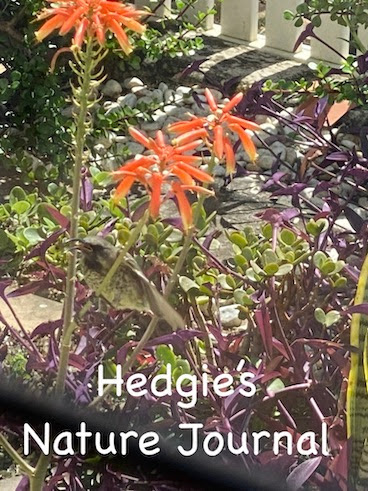

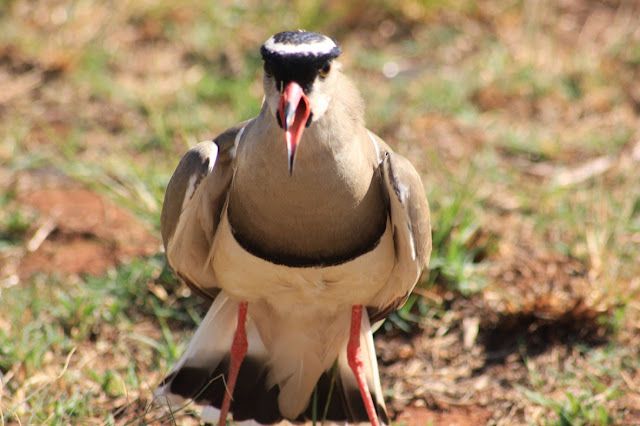






























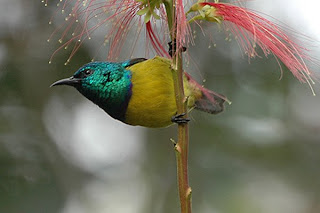


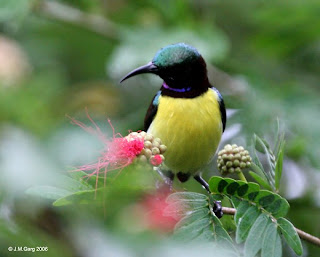
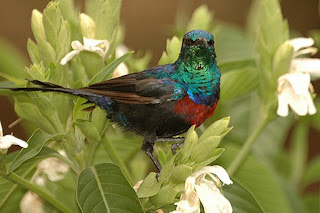




 The streets were bustling with activity and strange smells and noises and several people stopped and petted me. Someone prodded me with a sharp object and pulled my ears, to see “if he would make a good watch dog”. They laughed scornfully when I yelped and struggled to free myself from the grip on my neck.
The streets were bustling with activity and strange smells and noises and several people stopped and petted me. Someone prodded me with a sharp object and pulled my ears, to see “if he would make a good watch dog”. They laughed scornfully when I yelped and struggled to free myself from the grip on my neck. When we got to the man’s car, he took off his jacket, wrapped me in it so that only my head stuck out (it was SO warm!) and we drove off. We drove for quite a while but even though I was starving, I felt warm and somehow at ease.
When we got to the man’s car, he took off his jacket, wrapped me in it so that only my head stuck out (it was SO warm!) and we drove off. We drove for quite a while but even though I was starving, I felt warm and somehow at ease. I was also introduced to Maree and Dave’s other dog, Tyson, a HUGE Rottweiller, and at first I was very cautious. But Tyson soon made it clear that he was quite happy to see me and we now have a wonderful time in the garden playing tag or just being silly. I think he was a bit lonely before I came along.
I was also introduced to Maree and Dave’s other dog, Tyson, a HUGE Rottweiller, and at first I was very cautious. But Tyson soon made it clear that he was quite happy to see me and we now have a wonderful time in the garden playing tag or just being silly. I think he was a bit lonely before I came along.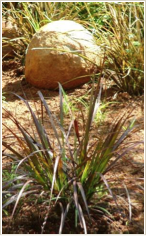 I also make sure that the Ducks and Geese and Pheasants don’t stray too far away - there are some very unkind people out there! And I’ve discovered that I’m an EXCELLENT watch-dog! I hear every strange sound and warn Maree & Dave immediately of any impending danger.
I also make sure that the Ducks and Geese and Pheasants don’t stray too far away - there are some very unkind people out there! And I’ve discovered that I’m an EXCELLENT watch-dog! I hear every strange sound and warn Maree & Dave immediately of any impending danger.
